President Bola Tinubu inaugurated the Red Line rail project of the Lagos State Government on Thursday with an avowed commitment to tackle corruption in the country.
The President said, “Change is possible, and change we must achieve in abolishing poverty in the land and in turning around the fortunes of the Nigerian economy.”
He said: “This economy, we will grow it, and we will feed ourselves out of penury; if it’s corruption, we must exterminate it no matter how hard it is fighting back.
“There’s no looking back on my administration’s reforms; it’s for the betterment of the people. Change is possible, and change we must achieve.
“I asked for this job; I cannot complain; it’s all about democracy and the affirmation of our pledge to be loyal to our country. There is one thing I know: There is a very bright light at the end of the tunnel.
“I agree smugglers will fight back, corruption will fight back, we will fight them to ruin, corruption will go away, and we will save the money for you to educate our children, improve our health care system, and pay for a modern transportation system that will work for the majority of Nigerians.
“The fight is on; we are not looking back; progress must be achieved; we cannot afford to relax; we must be committed to great value.”
The Red Line is envisioned as a vital metro link within the Lagos-Ibadan rail corridor. Spanning 37 kilometres, it will share the right-of-way with the Lagos-Kano Standard Gauge Railway.
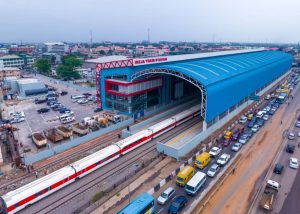
The route will initially run from Agbado in Ogun State to Oyingbo in Lagos, with notable stations including Agbado, Iju, Agege, Ikeja, Oshodi, Mushin, Yaba, and Oyingbo.
The Red Line project is a substantial investment in Lagos’ urban transportation infrastructure.
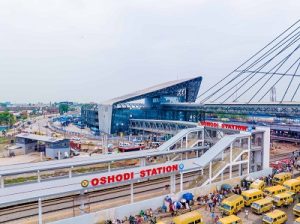
Initial estimates pegged the cost at $135 million under the Greater Lagos Urban Transportation Project, managed by the Lagos Metropolitan Area Transport Authority (LAMATA).
However, Gov. Babajide Sanwo-Olu revealed that both the blue and red lines combined would exceed N100 billion.
He said there was a delay in the execution of the Blue Line project, initially expected to be completed by 2011 as a result of funding challenges.
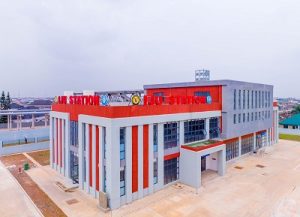
Unlike the electric-powered Blue Line, the Red Line will utilize a diesel-powered system known as the Diesel Multiple Unit (DMU).
DMU employs on-board diesel engines to propel multiple-unit trains. This choice of transmission aligns with the project’s objectives and operational requirements.
The Red Line Rail Project represents a significant milestone in Lagos’ transportation infrastructure development.
Its inauguration promises to enhance connectivity, ease commuter burdens, and contribute to the city’s overall economic growth and development.











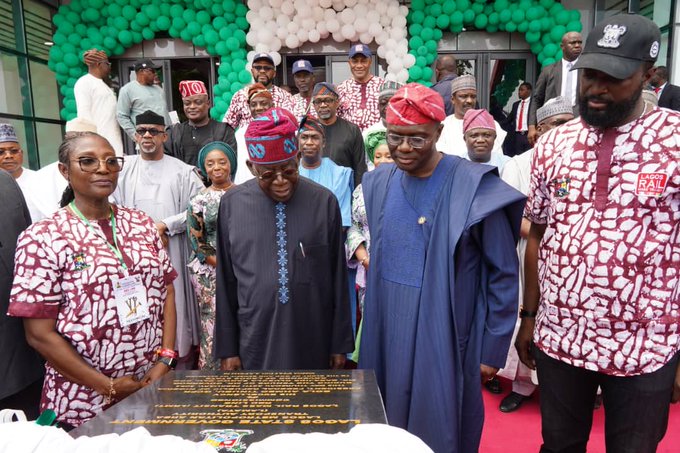








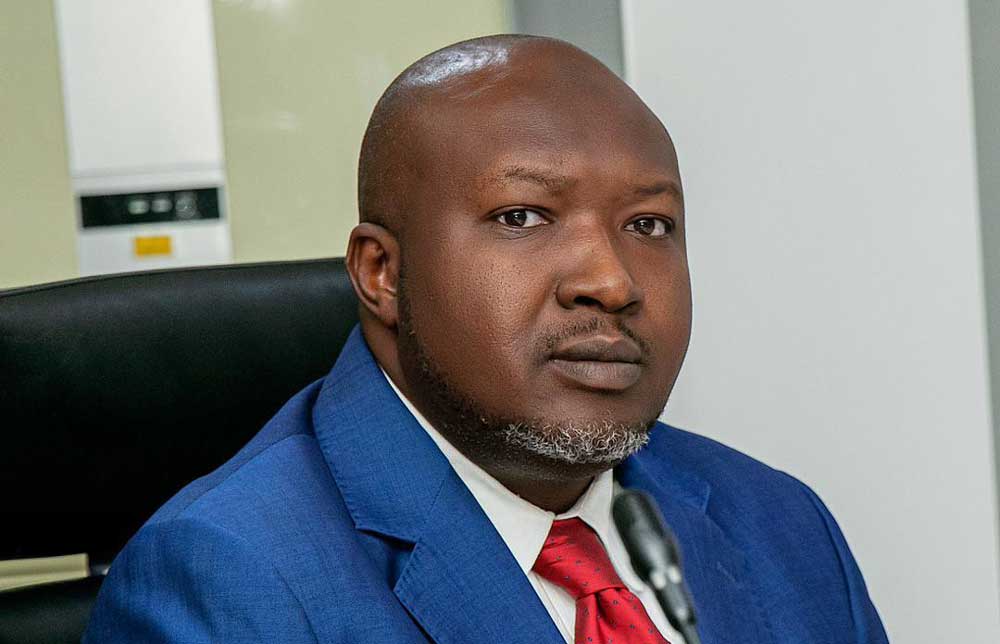
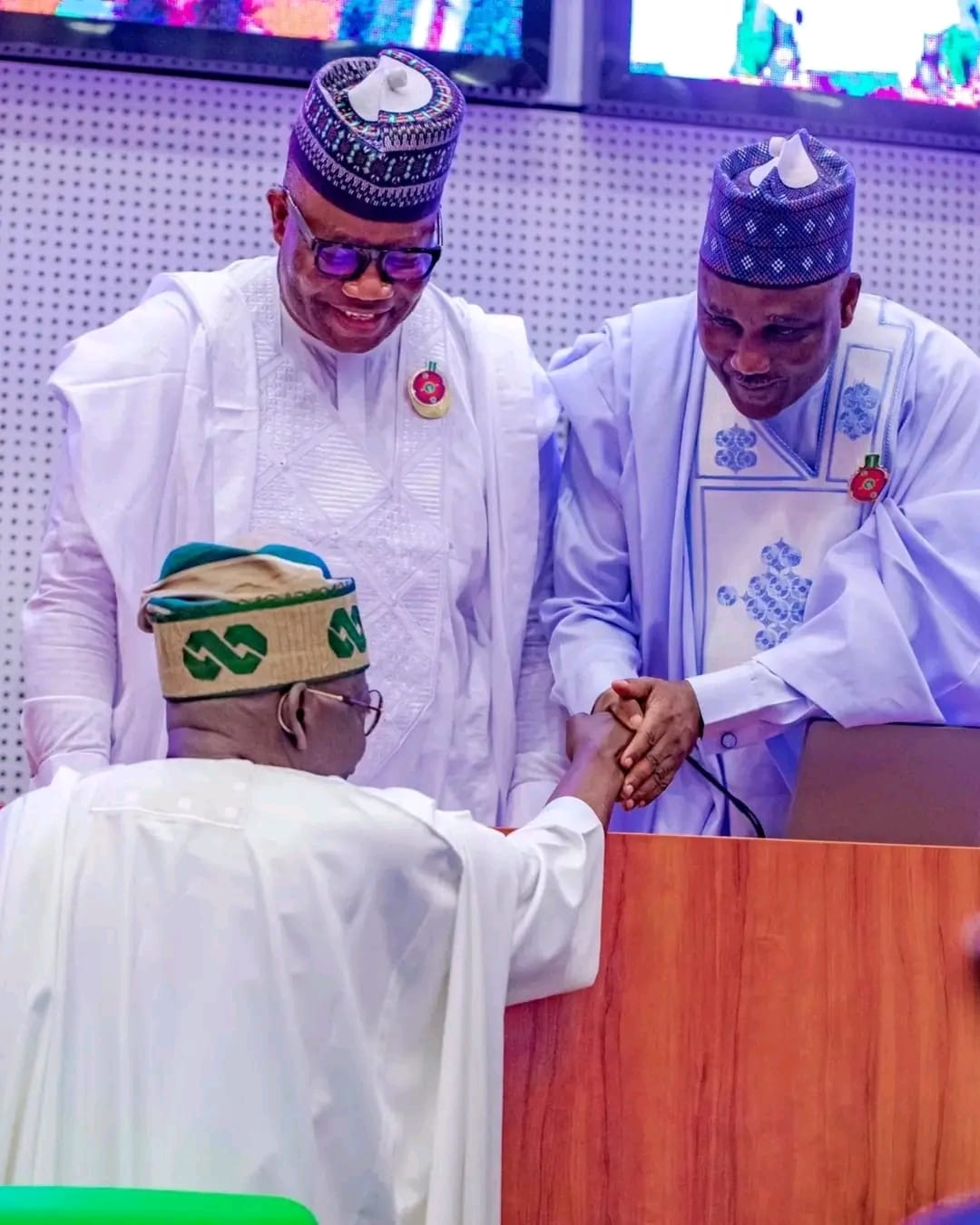

Leave a comment